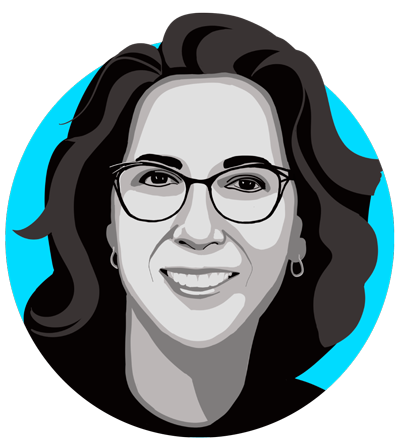Leader-shift

Topics
Column

Reorganize. Revolutionize. Reform. Rethink. Today’s organizational leaders have a mandate to make change happen: to diversify or innovate before a line of business is disrupted, to fix an unhealthy culture that is driving out talent, and to adapt to new trends or technologies.
While the times may call for transformational leaders, focusing on how to effect change in other people, processes, and structures isn’t enough. In order to truly rise to complex challenges posed by the great economic, social, environmental, and political uncertainty the world currently faces, you must also be a transforming leader — continually learning, evolving, and maturing as a manager and a human being.
Get Updates on Transformative Leadership
Evidence-based resources that can help you lead your team more effectively, delivered to your inbox monthly.
Please enter a valid email address
Thank you for signing up
A great source of inspiration for personal growth that can help you responsibly and effectively wield the authority you have been given is the research on leader character development by Mary Crossan, William (Bill) Furlong, and Robert D. Austin, featured in this issue. They identify 11 interrelated dimensions of character and show how they can lead to either positive or negative behaviors that have implications for organizations far beyond leaders’ ethical choices. In short, they make a compelling argument that character is as important as competence in influencing judgment and hence organizational outcomes. Their framework is an excellent tool for both leaders’ own introspection and the important work of building an organizational culture that reflects shared positive values.
Leaders would do well to have a deep understanding of their stakeholders’ values as they navigate territory that many senior executives have avoided for years: divisive political issues. Blair Levin and Larry Downes explain why it’s essential to have a political strategy in the face of changing laws and regulations that may affect employees and other stakeholders. Such a strategy must align not just with an organization’s economic self-interests but with the values the company claims to stand for. They point to climate regulation, gun control, and reproductive rights as the particular hot-button issues that business leaders are expected to make hard choices on — choices that will inevitably displease some people.
We’re also launching a new resource for leaders with this issue: Sanyin Siang, the executive director of Duke University’s Fuqua/Coach K Center on Leadership & Ethics, will bring her CEO coaching to our back page with a quarterly advice column for organizational leaders. Siang is recognized on the Thinkers50 list and received that group’s coaching and mentoring award in 2019. We’re thrilled to be working with her.
